
First thing to remember is there are no rules when it comes to teething. The length of time of the process will differ from baby to baby, some will have a pain free experience and others will have to endure a long drawn out process over weeks and weeks. It probably would be wise to find out what your teething experience was like because quite often your babies teething will follow in the same pattern the parents went through. However there are approximations to follow the initial tooth will normally come through in the seventh month, but as stated earlier there are no rules and some mothers have said their babies first tooth arrived at three months whilst others claimed theirs was not until one year old.
As with most things, the symptoms are varied and will totally depend on the individual child. Any teething symptoms your child shows however, it is always advisable to see your GP just to be on the safe side and rule out any other more serious reasons for having these symptoms. As anyone can relate to this irritability is a huge symptom of teething. The baby’s gum's will feel tender and sore as the small, sharp tooth grows nearer to the surface, the pain and irritability is usually confined to the first teeth and the molars and not the ones in the middle. But don’t forget every baby is an individual and may react differently. Another symptom of teething is drooling, the teething process will start to stimulate excessive drooling and can start at approximately three months old. All this extra saliva because of the drooling will inevitably cause your baby to cough or even gag a little, just keep an eye on your baby and watch for a fever as coughing can be a symptom of the flu.
To follow on with these symptoms if your baby has experienced lots of drooling then they will then start to experience a rash on their chin, the only way to try and stop this from happening is to continually wipe away the saliva then drools down the chin area. A really obvious sign of teething is gnawing and biting on just about anything that comes close to their mouth they do this because they are trying to counteract the pressure of the teeth coming through. Some babies you will notice will pull on their ears and rub their cheeks a lot but just remember this can also be a symptom of a possible ear infection so again be safe and not sorry and see your GP.
To help try getting a teething toy, cold foods and even Infant Tylenol.


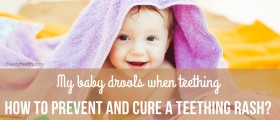
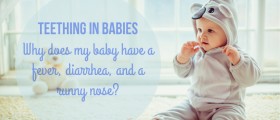

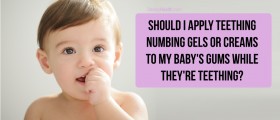
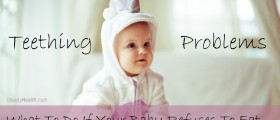

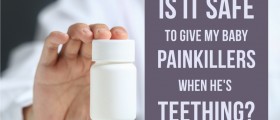
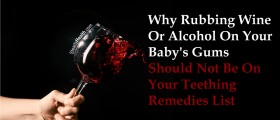
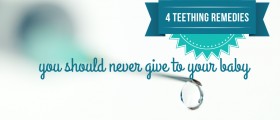
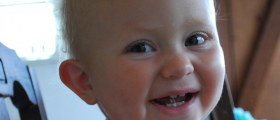
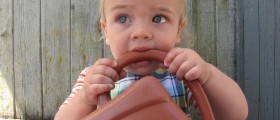

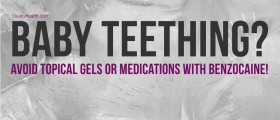
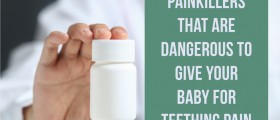
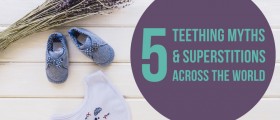
Your thoughts on this
Loading...